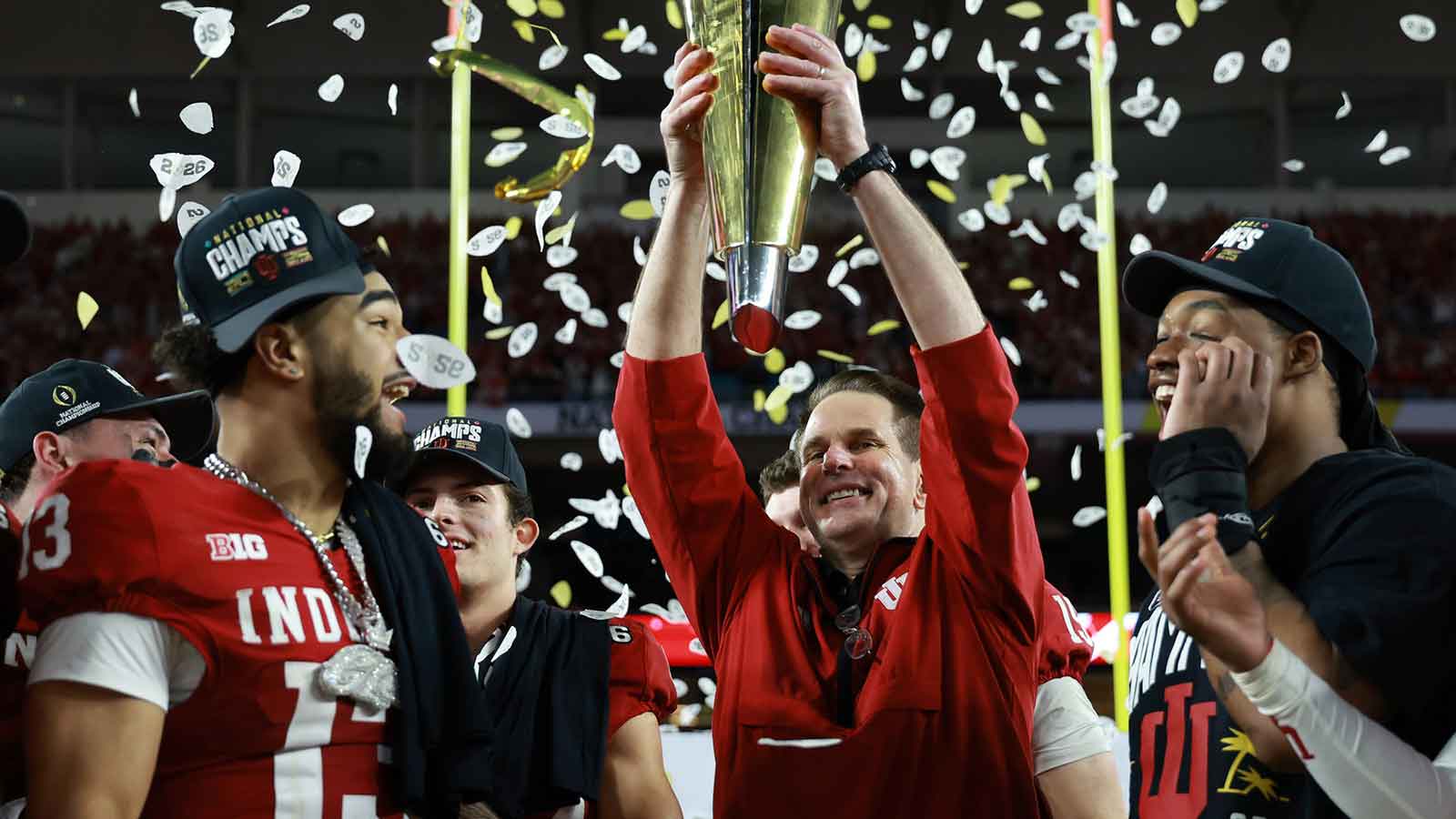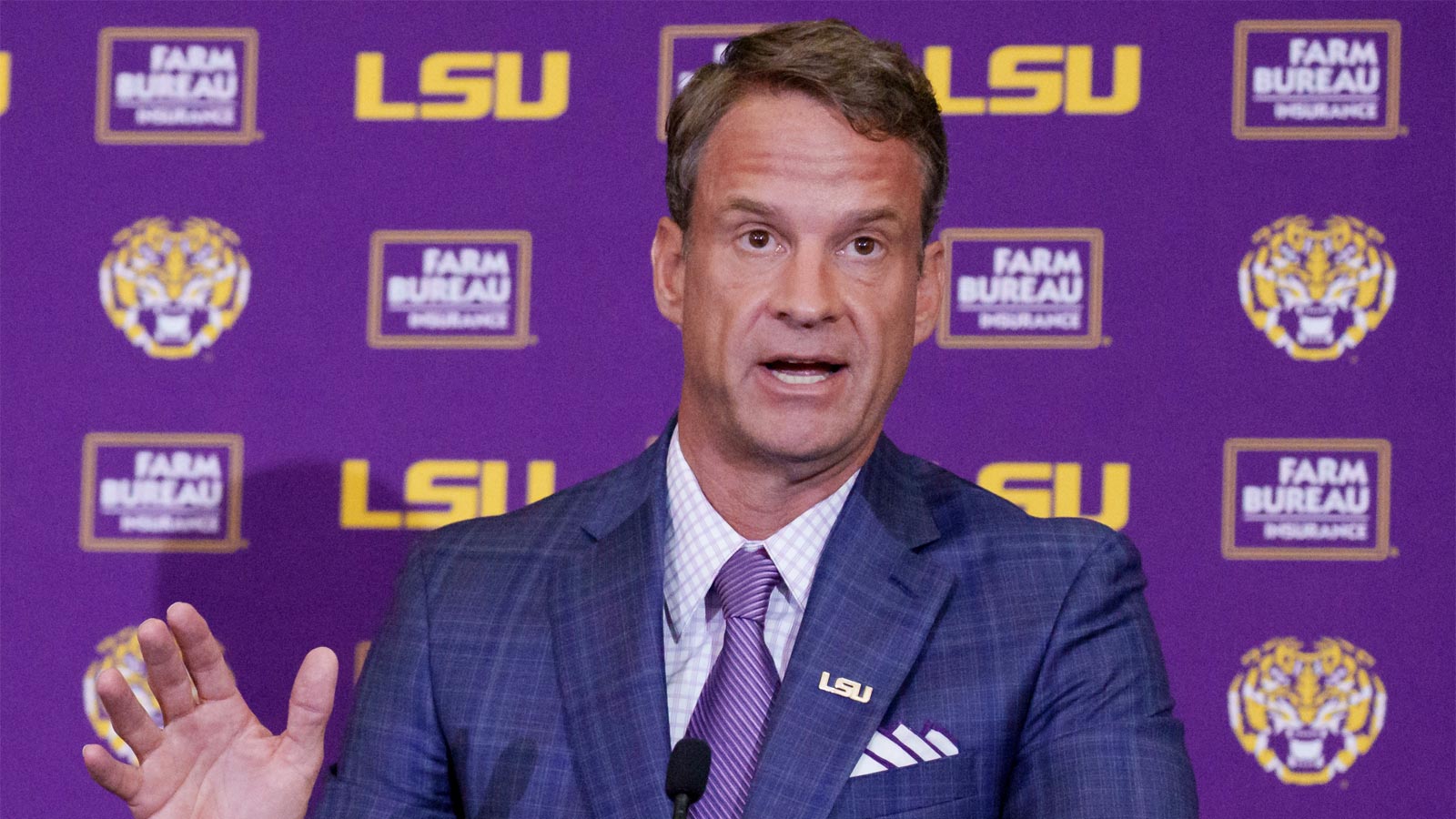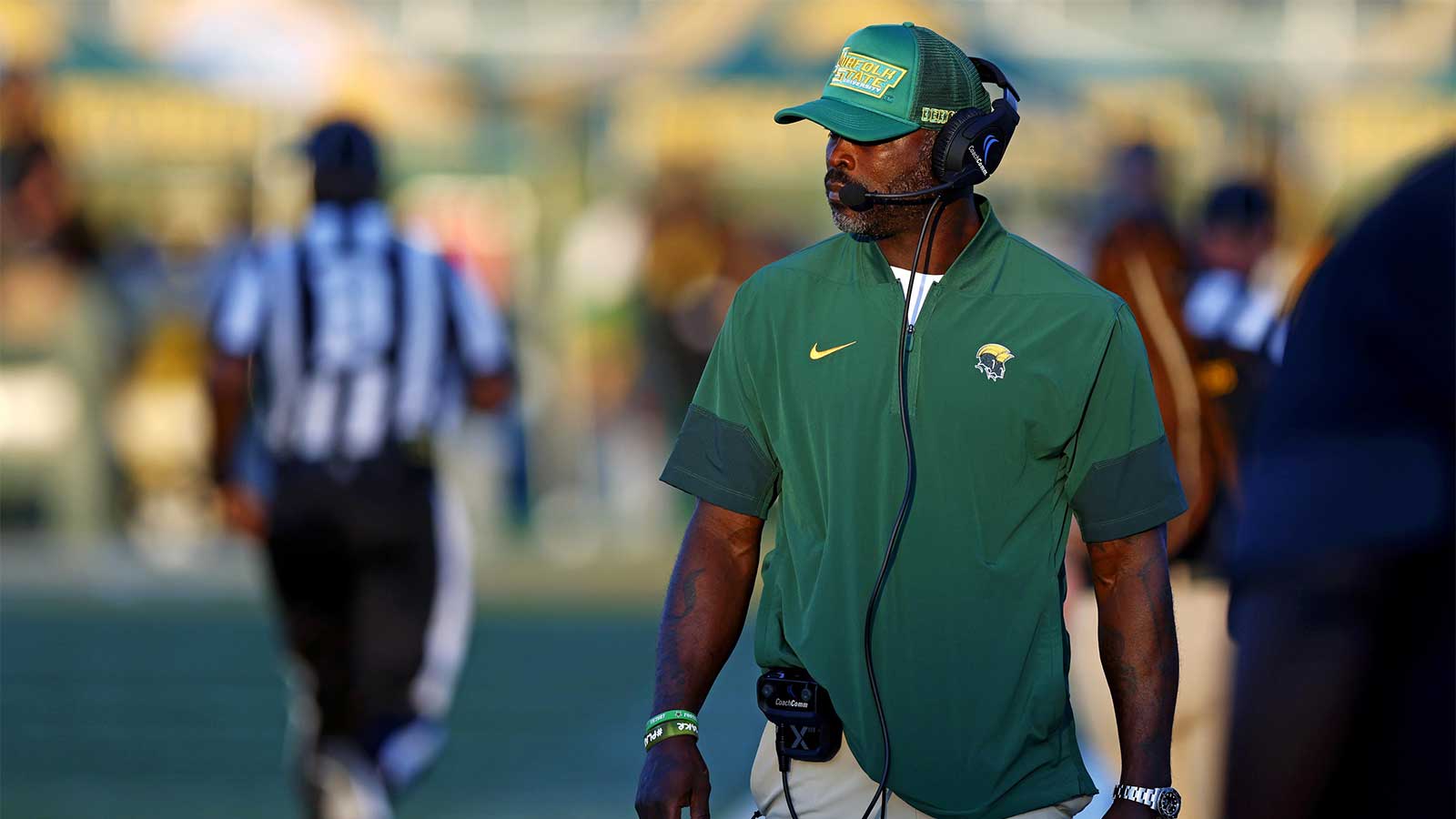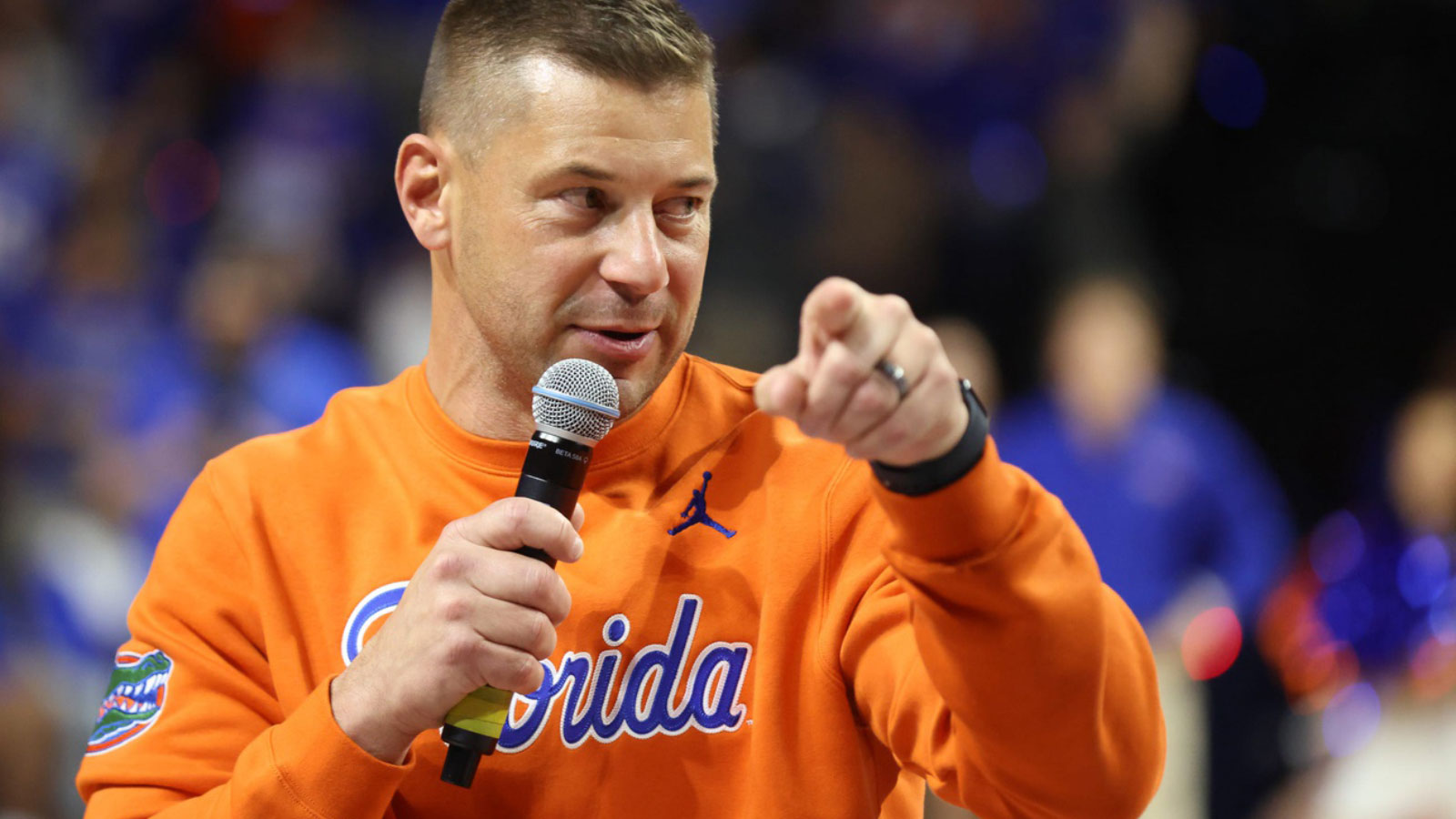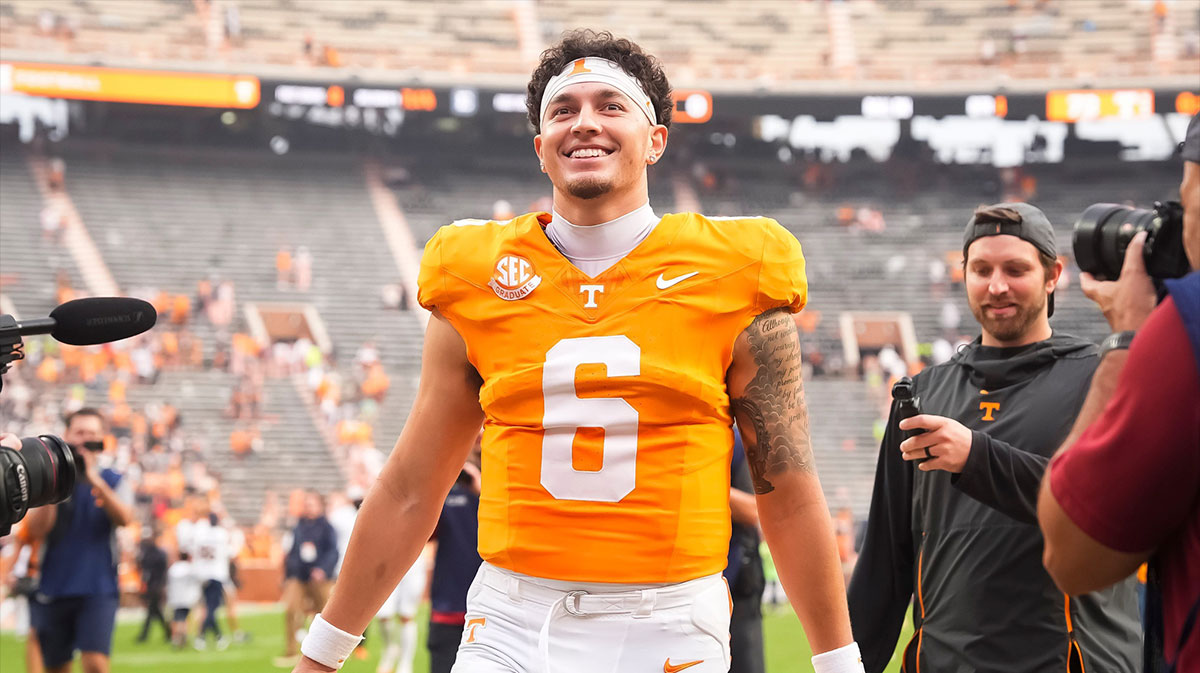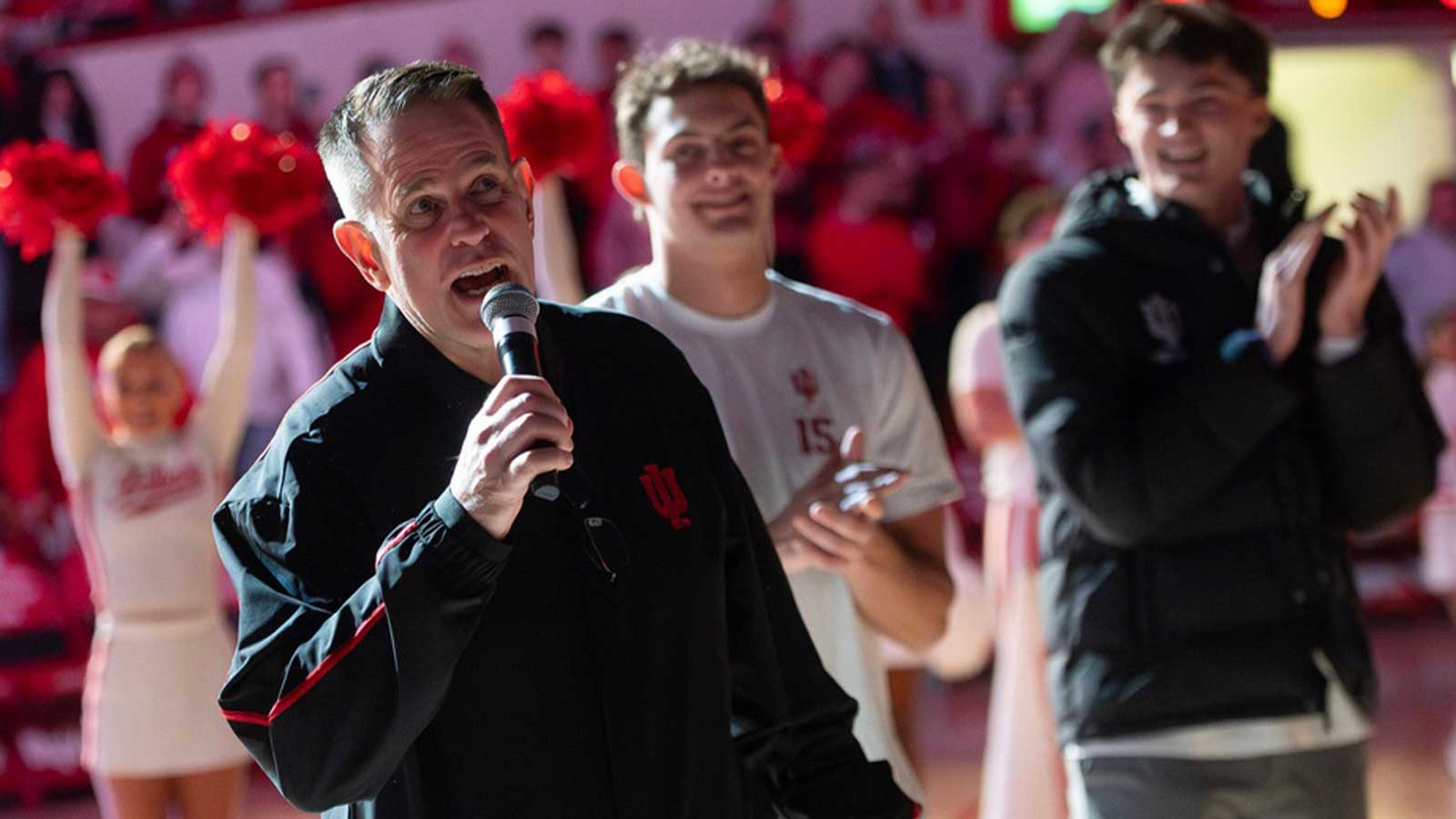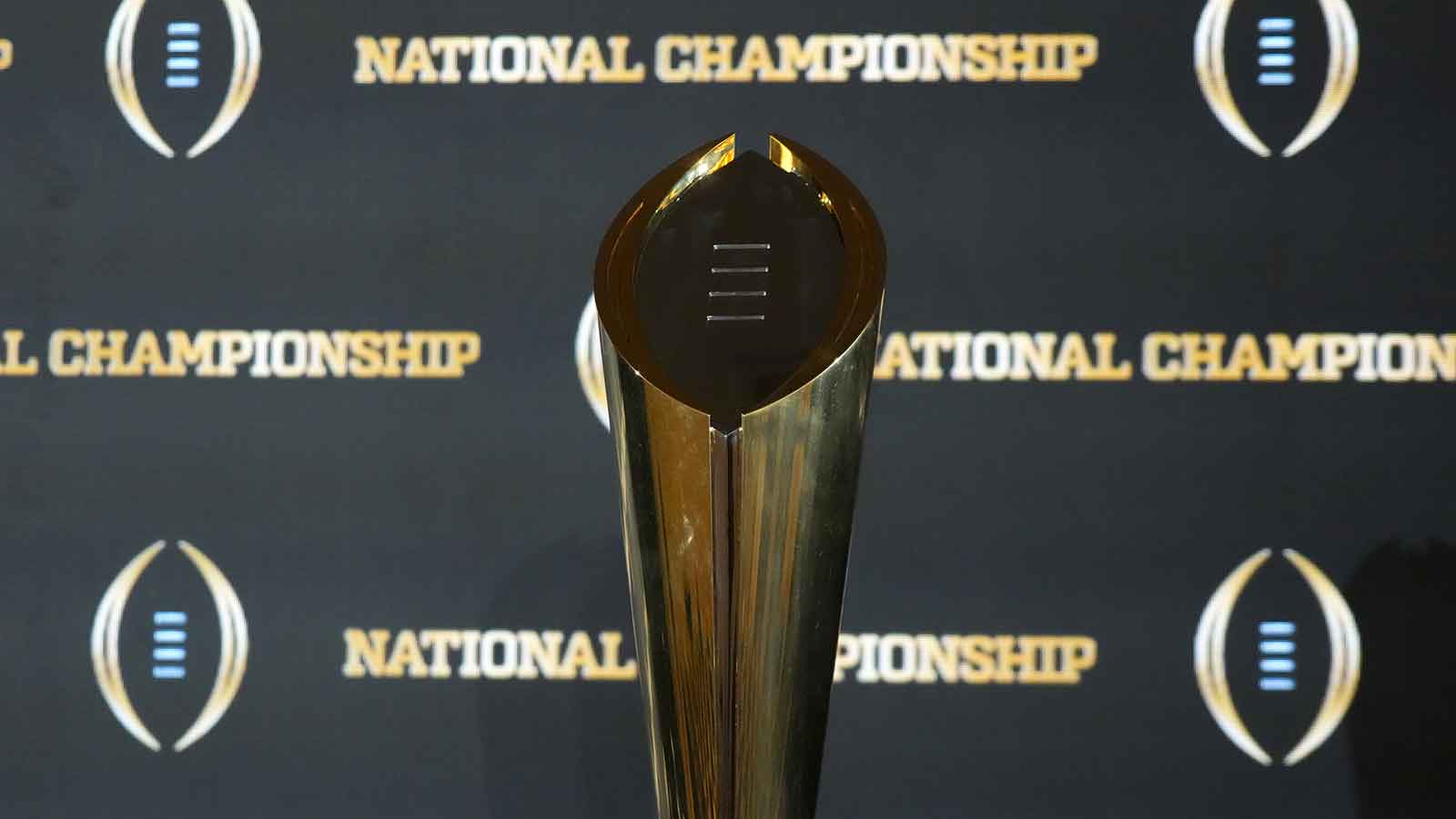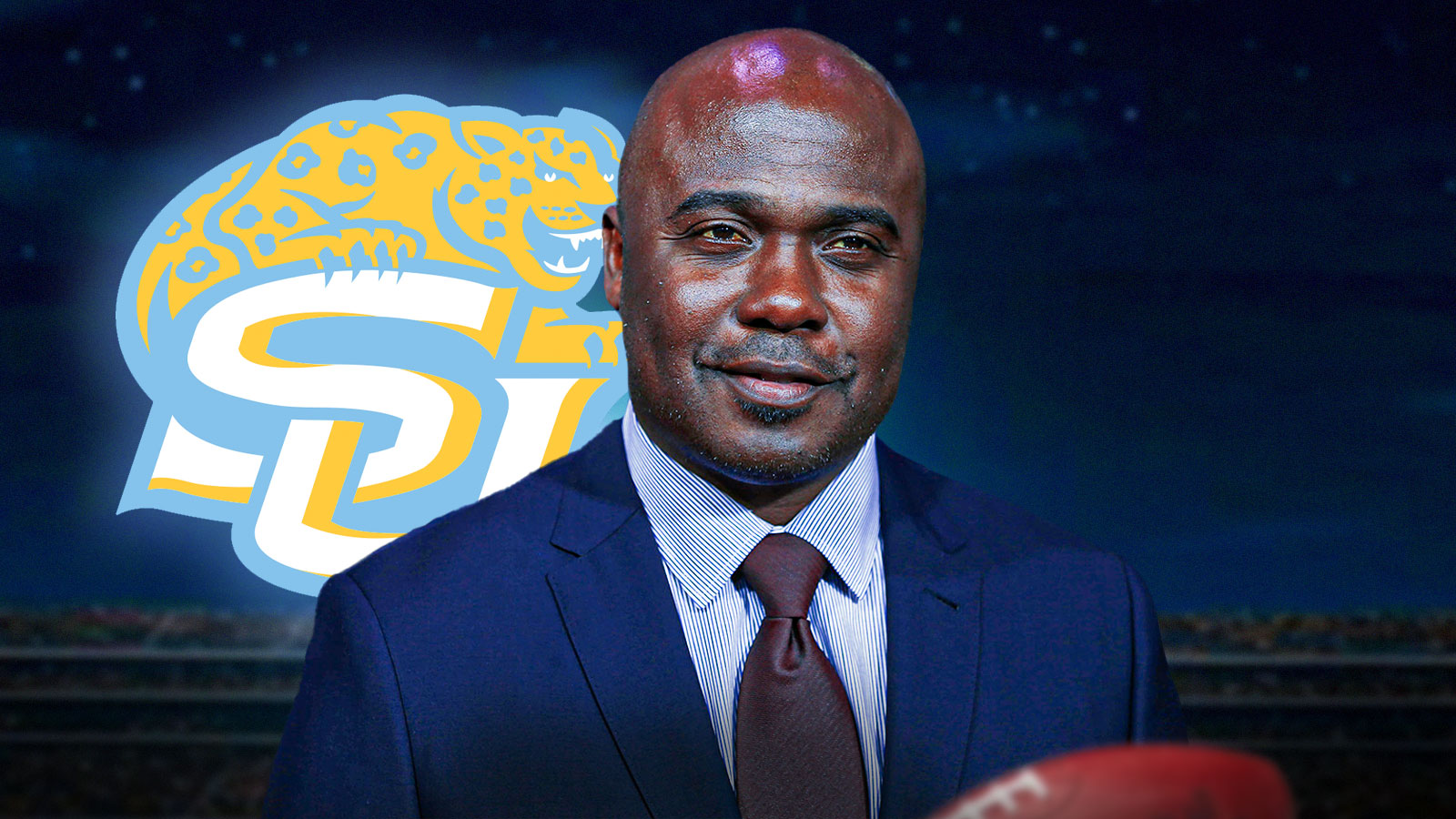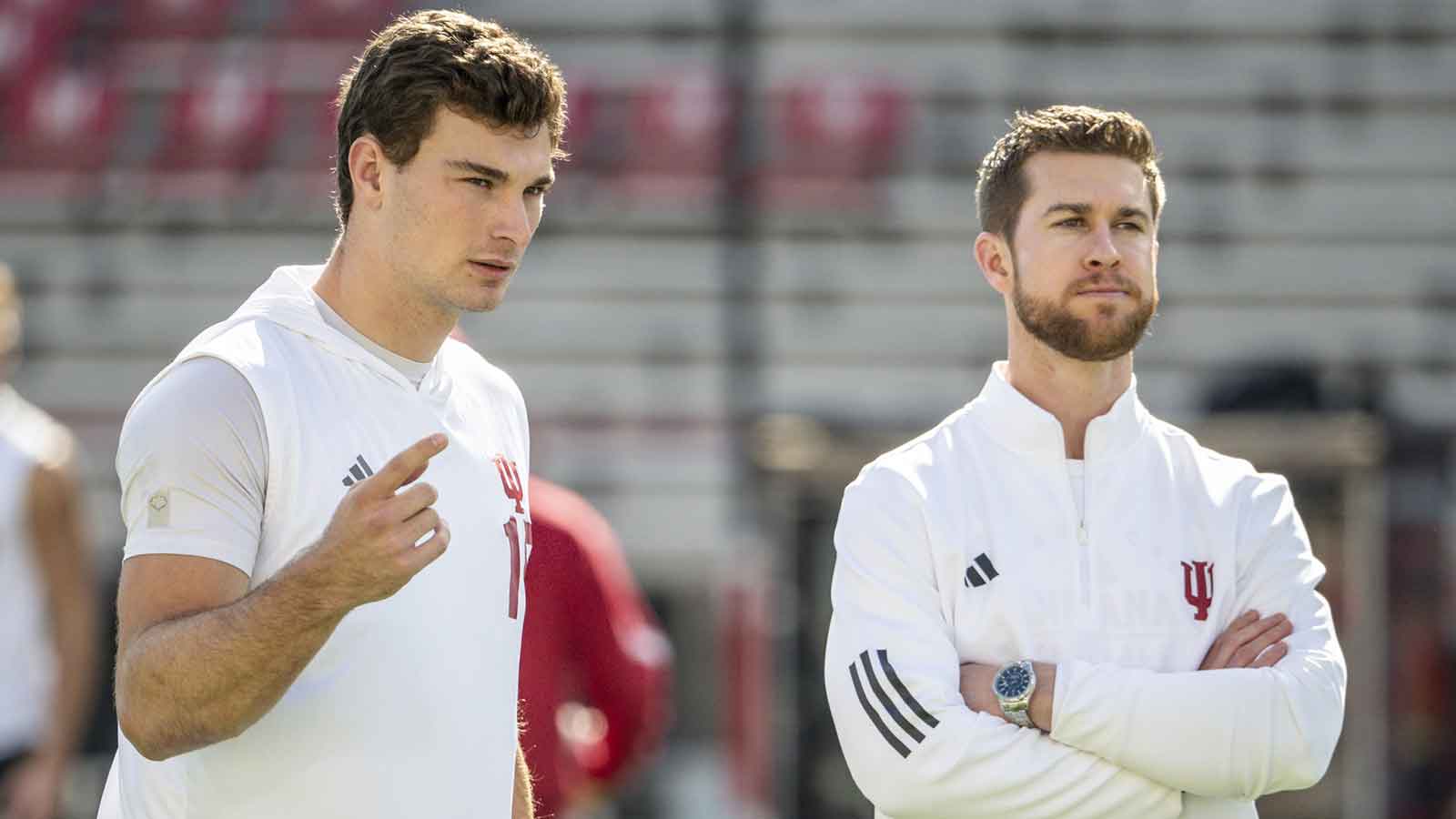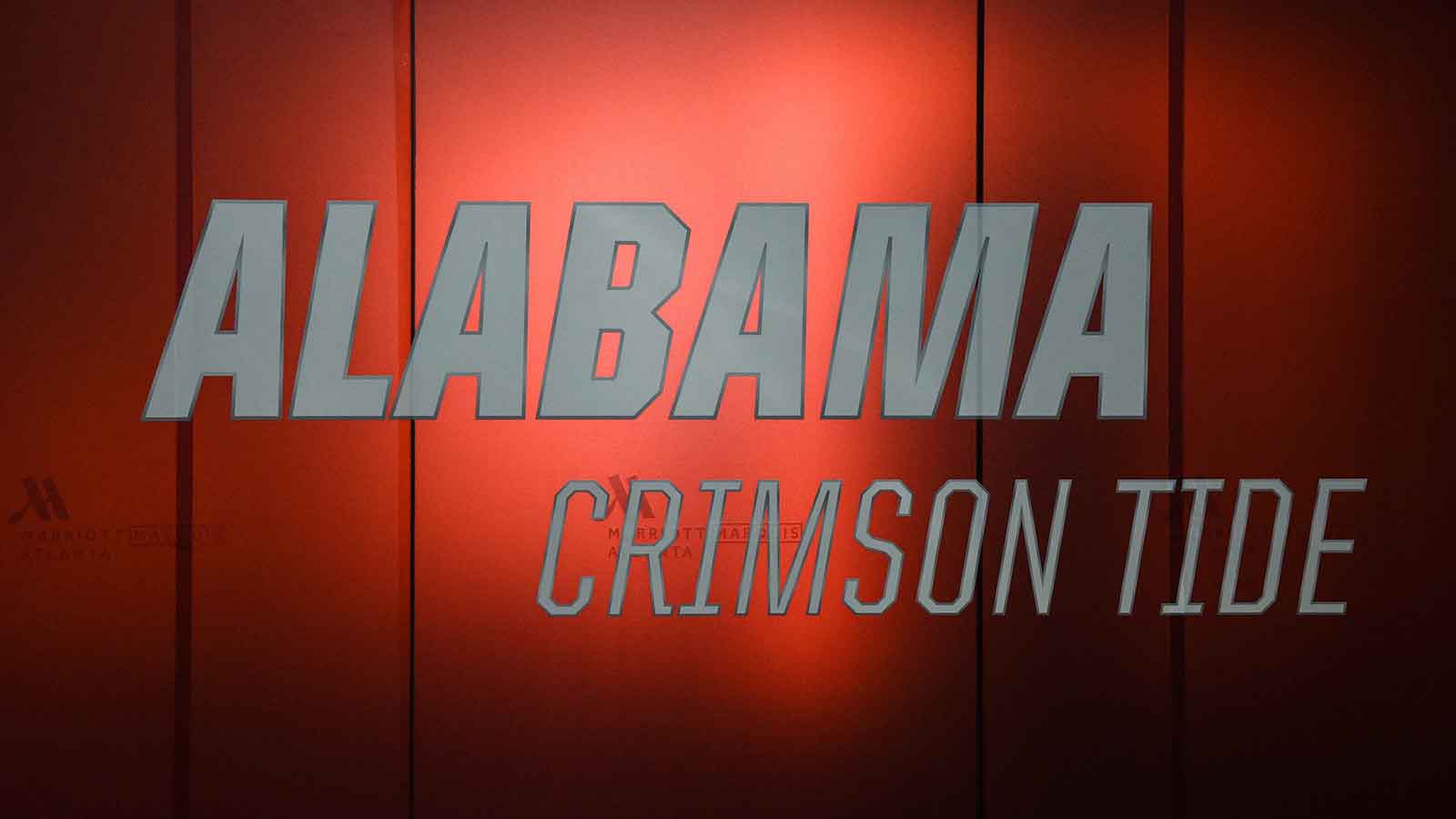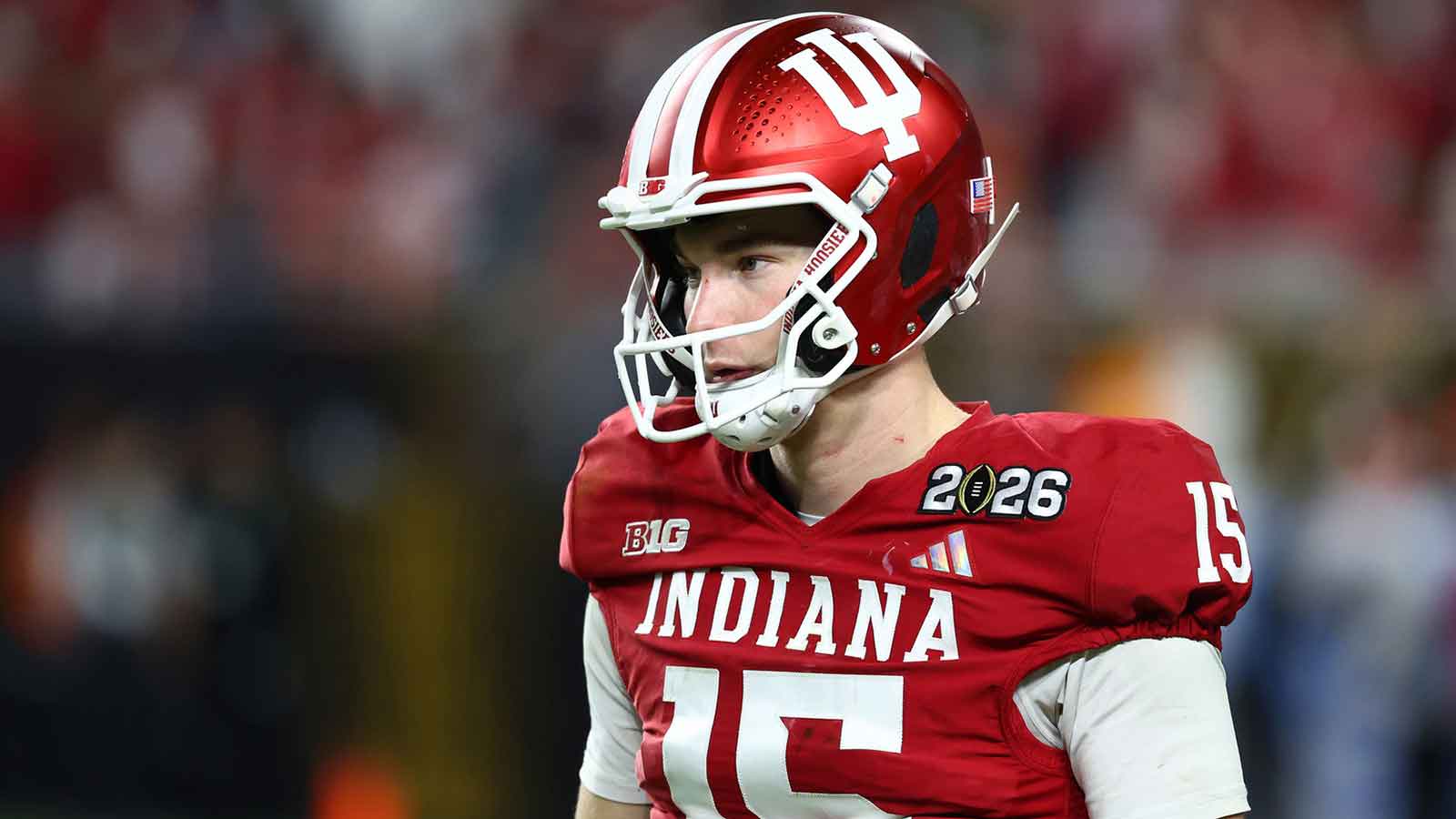The battle for the best conference in college sports has gone back and forth over the last few years. The Big Ten has the upper hand in the biggest sport, college football, since it won the previous two national championships thanks to Michigan and Ohio State. That has raised the question of whether the Big Ten has surpassed the SEC in football dominance.
Nick Saban thinks the Big Ten has surpassed the SEC in that regard, thanks to the NIL age. He believes that because of NIL, players are more likely to be open to going elsewhere, and there is not as much of a geographic advantage for teams down South. In Saban's eyes, the South Big Ten has matched and even surpassed the SEC.
“Kids grew up wanting to attend LSU, Alabama, and Georgia. Got the money now. They don’t mind going to Ohio State. They don’t mind going to other places, Saban said. “So, that geographic advantage that the Southeast Conference may be changing a bit now, with the different culture, NIL, and the money involved in decision-making. I think that’s created a bit of an edge for the Big Ten.”
Pat McAfee echoed Nick Saban's comments on the Friday edition of The Pat McAfee Show. He was surprised by the amount of money in the Big Ten overall.
“I will say this, the Big Ten has a lot of money,” McAfee added. “Everyone will say what they’ll say about that whole thing. I don’t think we all understood how much money the North and the Big Ten have. Like, did we realize that Penn State had money? I don’t think I knew that, even as someone who grew up in Pittsburgh with a lot of friends who were Penn Staters and members of that cult. It’s like, I didn’t know they had so much money. They needed $700 million to upgrade their stadium, and it was like four calls for the athletic director.
“… We assumed that the South would keep up. It just feels like the Big Ten has more alumni with more money, and that’s a big part of the game right now.”
The Big Ten and SEC rivalry only heated up after both conferences added even more schools. It will only get more intense, especially after both dictated the future of the College Football Playoff.









